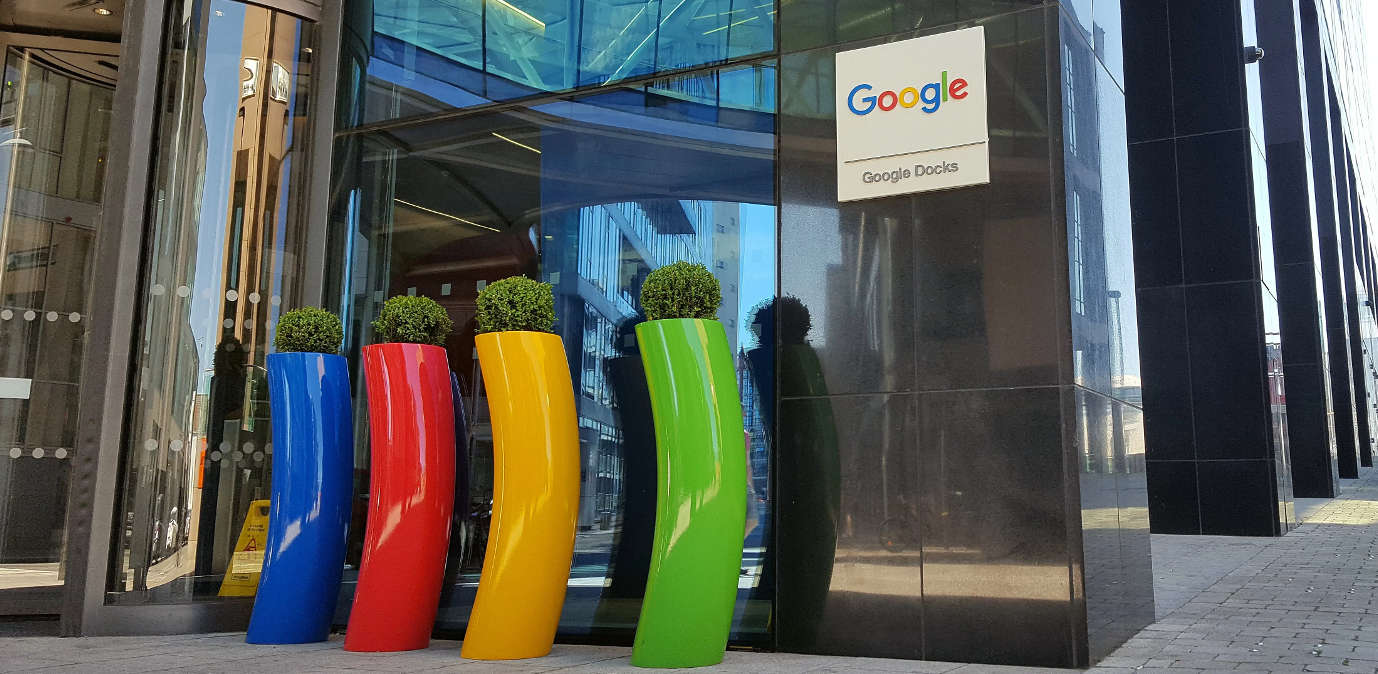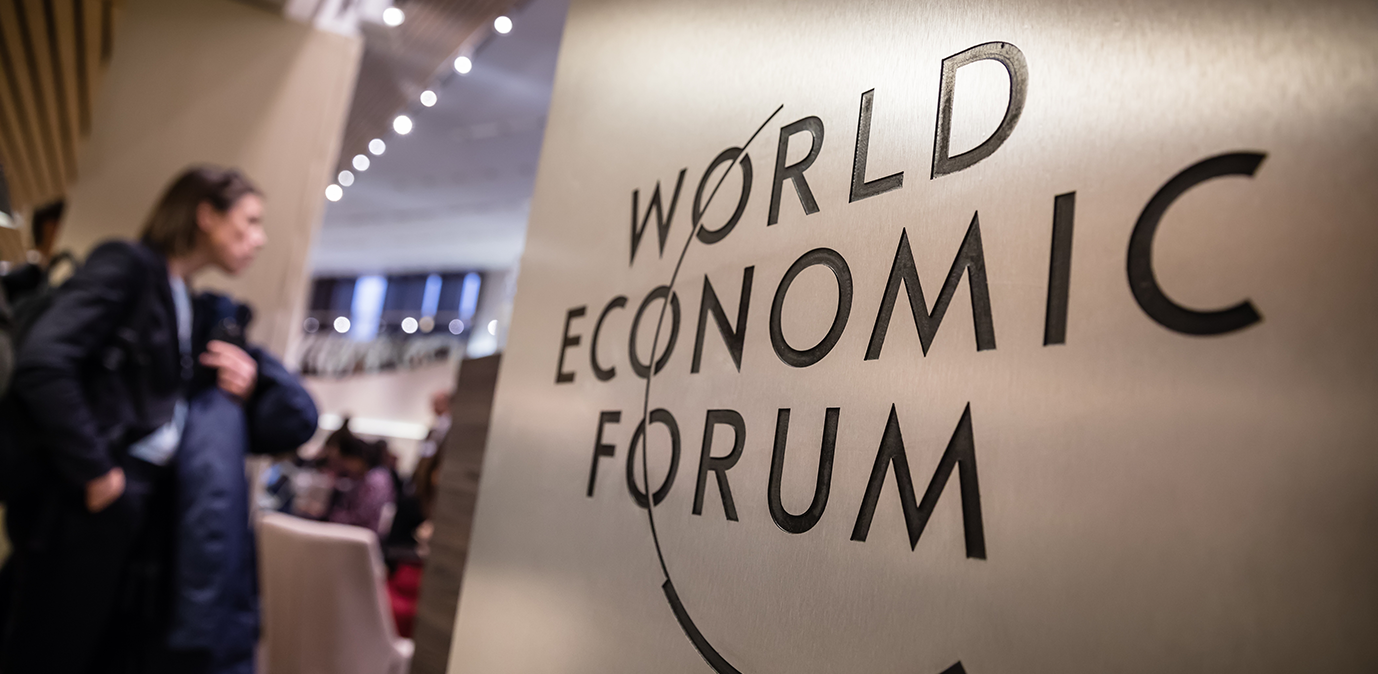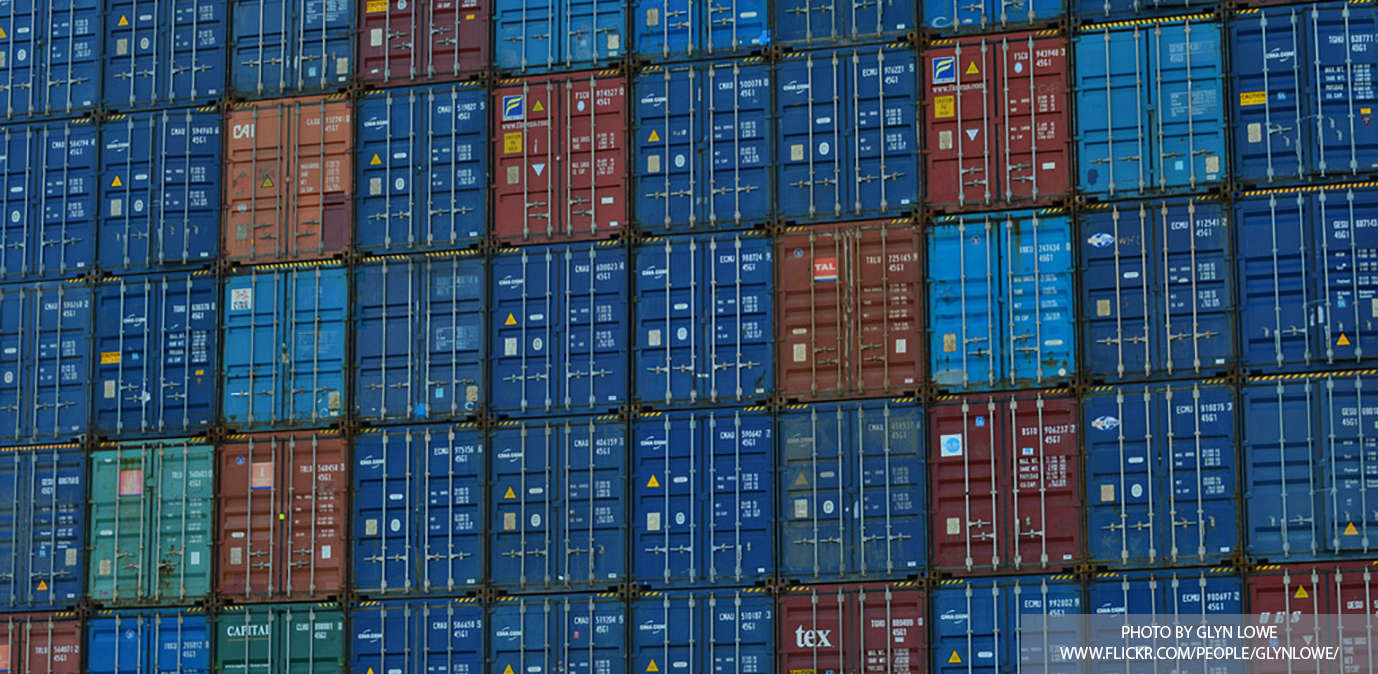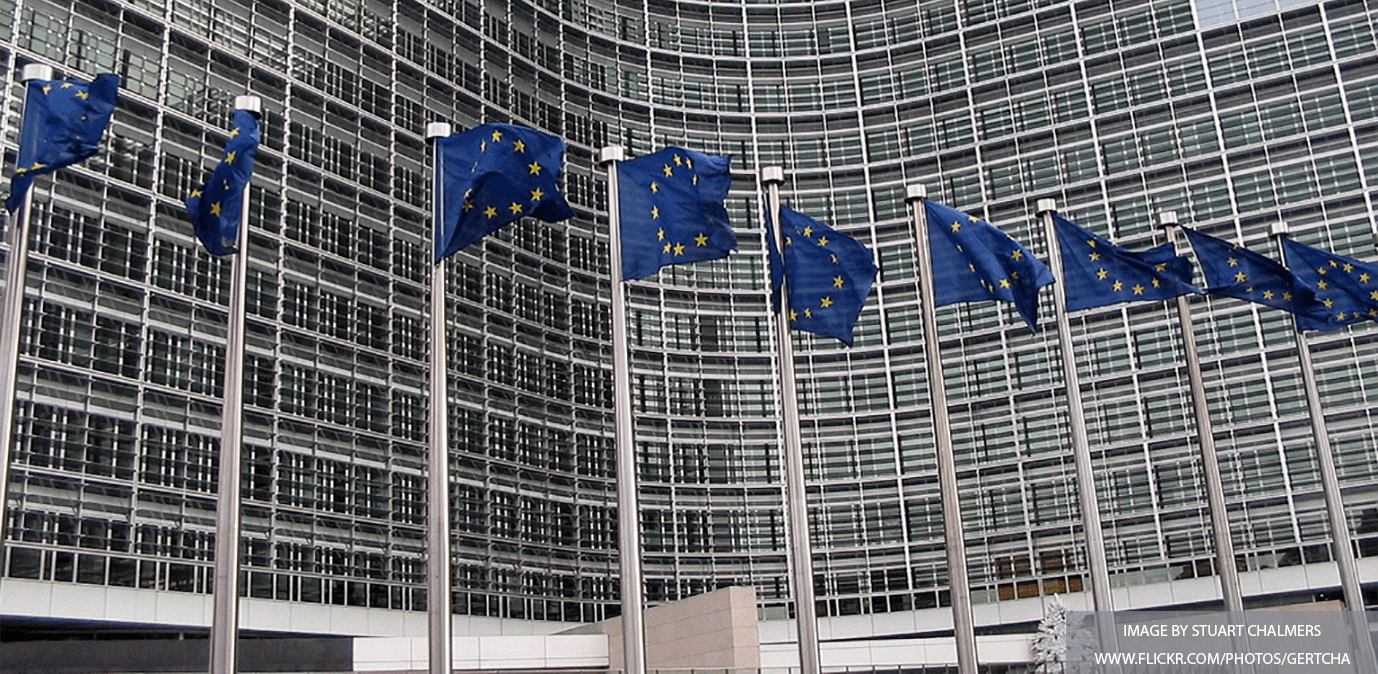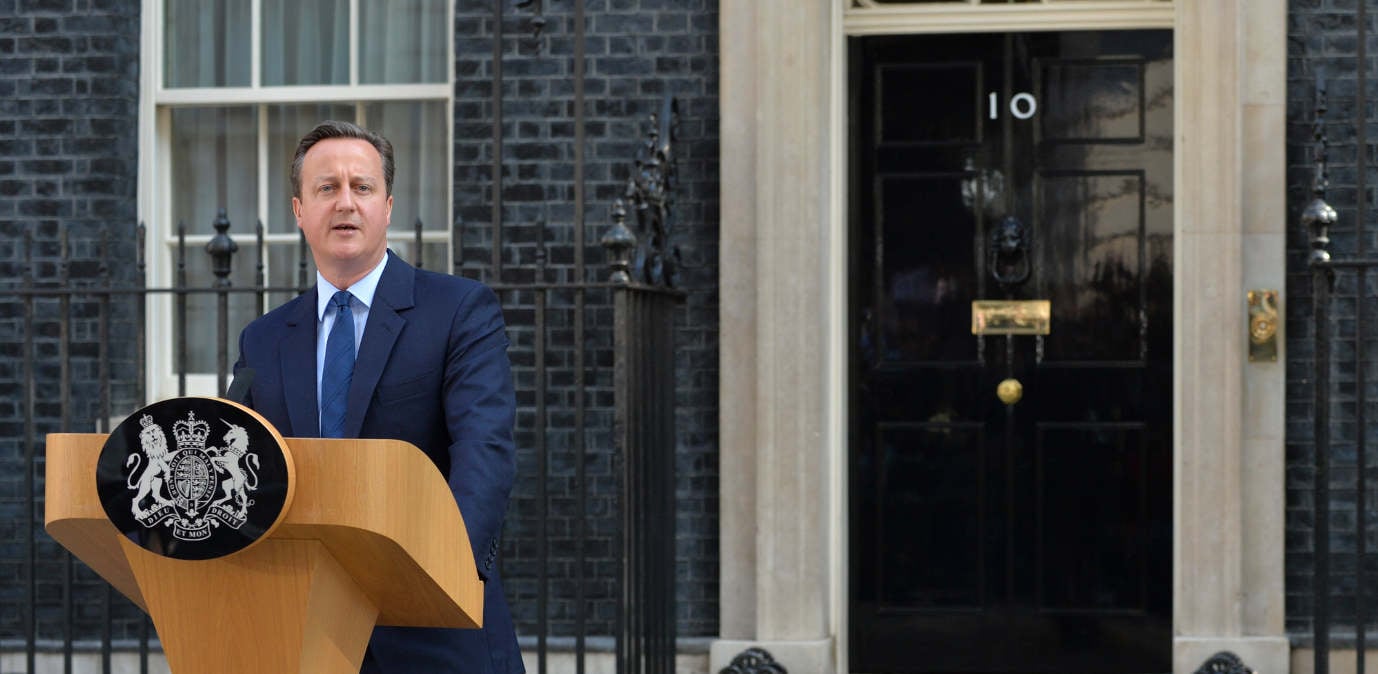Another day, another report on artificial intelligence? Not quite.
Published today, the 180-page volume by the House of Lords’ Select Committee is more than just the latest contribution to the emerging debate about the opportunities and challenges of AI. Led by experienced lawyers such as Baron Clement-Jones and renowned scholars like Lord Anthony Giddens, former director of the London School of Economics, it might well prove influential both in the UK and beyond.
 Insights from Inline Policy listing page
Insights from Inline Policy listing page
